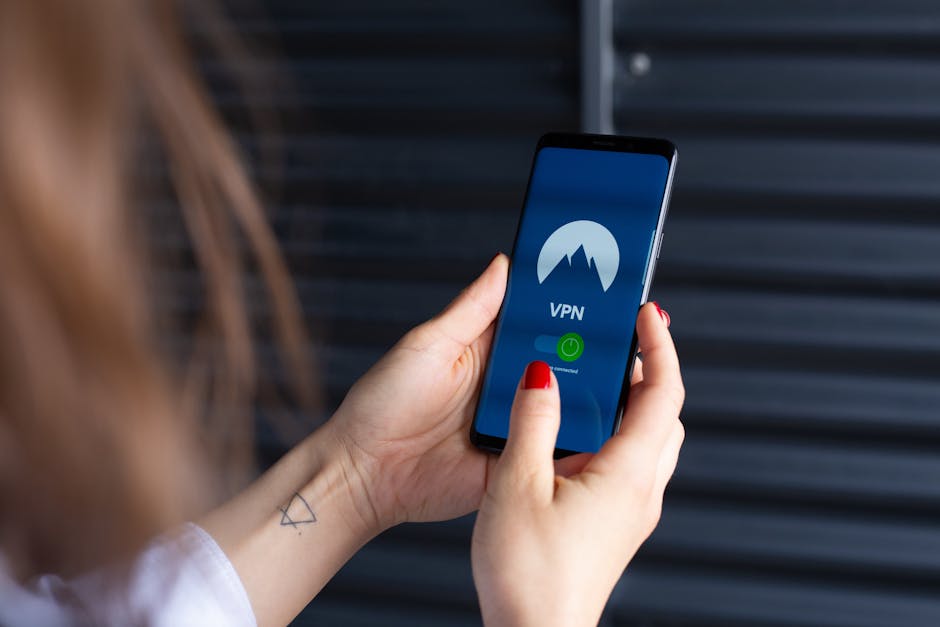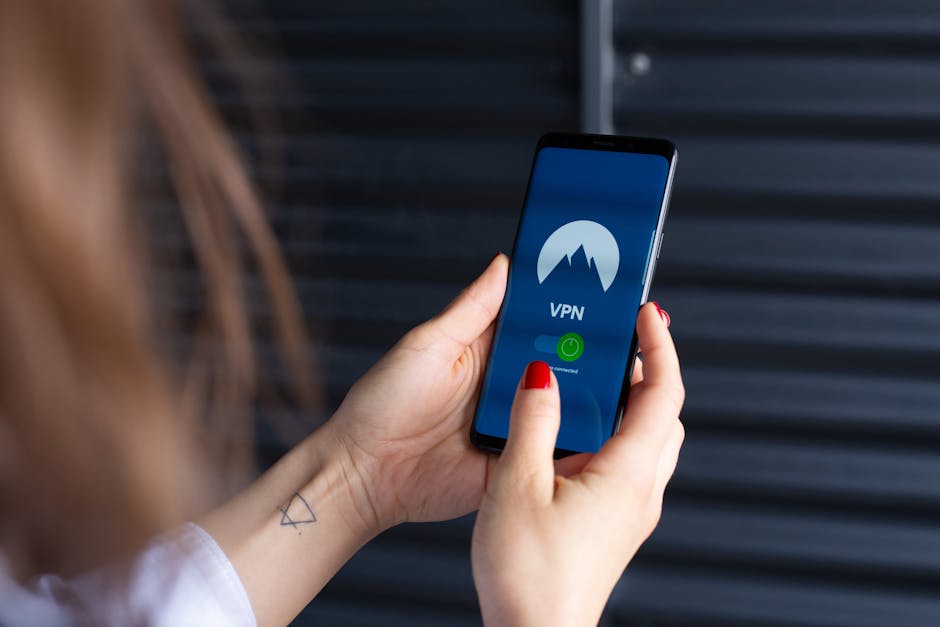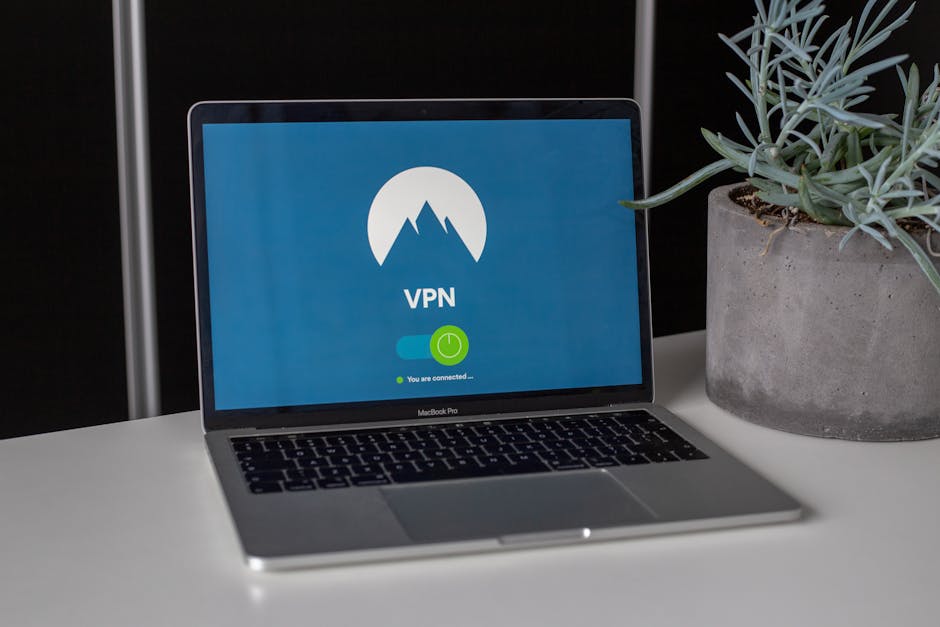Governments vs. VPNs: The Ongoing Struggle for Internet Freedom

In an era where digital privacy is increasingly under threat, Virtual Private Networks (VPNs) have become indispensable tools for users seeking to uphold their online security and anonymity. However, recent global trends show that governments and Internet Service Providers (ISPs) are amplifying efforts to monitor or outright block VPN usage. From India’s 2022 mandate requiring VPN providers to store user logs, to Russia and Iran’s attempts to impose nationwide bans, the battle between privacy advocates and policymakers grows more intense. This has raised critical questions: how vulnerable are VPNs to detection and blocking, and can users continue to rely on them for unrestricted access to the digital world?
Can VPN Traffic Be Successfully Blocked?

Pexels
A recent study presented at the Network Traffic Measurement and Analysis Conference (TMA 2025) titled “VPN or Vpwn? How Afraid Should You Be of VPN Traffic Identification?” shed new light on this topic. To uncover the challenges in VPN traffic detection, researchers examined common tunneling protocols such as OpenVPN, WireGuard, TLS, IPSec/IKEv2, and SSH across seven popular VPN services, including NordVPN, ExpressVPN, and ProtonVPN. The findings highlight that while some protocols, like OpenVPN, can indeed be detected and restricted, others that leverage more advanced technologies, such as TLS and SSH-based tunnels, prove far more resilient to censorship attempts.
However, efforts to block VPNs are not without consequences. Protocols using sophisticated encryption methods, like TLS, are integral to many online services beyond VPNs, such as secure email and financial transactions. Attempting to block these tools risks significant collateral damage, potentially disrupting critical systems used both for business and everyday communications.
Smart Strategies for VPN Censorship Resistance

Pexels
One of the study’s most impactful findings is in its exploration of how VPNs can resist detection. Researchers emphasized the role of advanced technologies such as obfuscation, which disguises VPN traffic to look like regular HTTPS traffic. They even proposed a novel method for OpenVPN that relies on per-session cryptographic handshakes to hide identifiable information while maintaining scalability. By implementing such innovative strategies, VPN providers can significantly enhance their services, giving users greater assurance when operating in restrictive environments.
For the average user, this research underscores the importance of selecting VPN services that offer advanced capabilities, like obfuscated protocols or robust encryption schemes. Providers that continually adapt to the evolving landscape of censorship make it more challenging for ISPs and governments to block access, ensuring sustained connectivity even in regions with heavy Internet restrictions.
The Complex Battle Between Censorship and Circumvention

Pexels
Describing the struggle between government censors and VPN providers as a “cat-and-mouse game,” the study highlights the technical and ethical complexities that policymakers face when attempting to block VPNs. While the idea of banning VPNs may appear to be a straightforward solution to issues like regulation enforcement or surveillance, the reality is far more complicated. Censorship measures frequently backfire, driving users to adopt even more advanced tools and inadvertently promoting innovation in anti-censorship technologies.
As the debate over privacy and surveillance continues to unfold, it is imperative for policymakers, corporations, and the public to engage in nuanced discussions about how such technologies interplay with Internet freedom. The study ultimately serves as both a warning and a call to action: implementing blanket bans on VPNs risks damaging the broader Internet ecosystem while pushing users toward even more untraceable solutions.
If you are interested in the technical intricacies of VPN traffic identification and resistance, the full analysis is available in the paper “VPN or Vpwn? How Afraid Should You Be of VPN Traffic Identification?” presented at TMA 2025.







